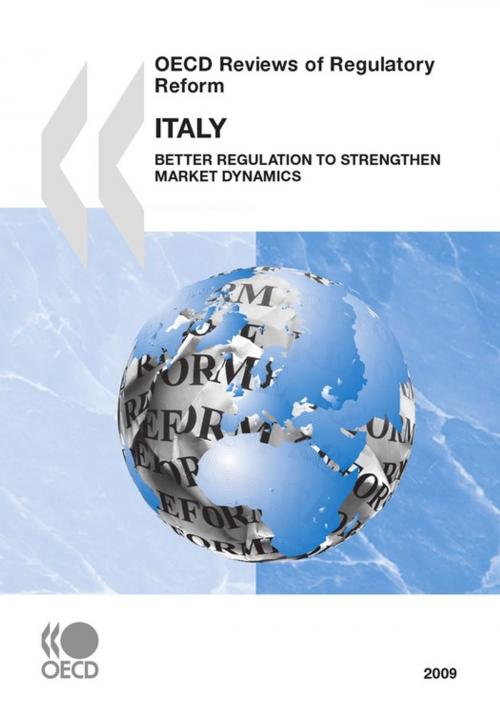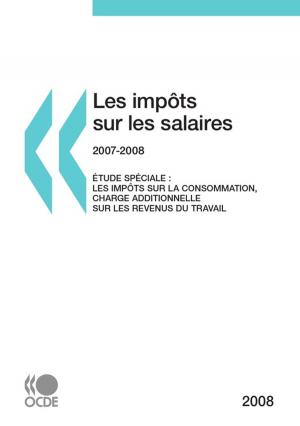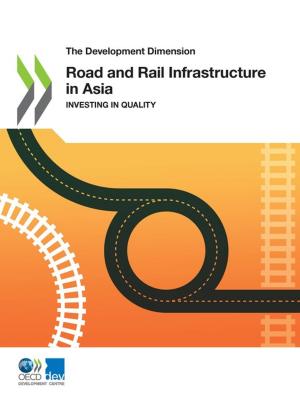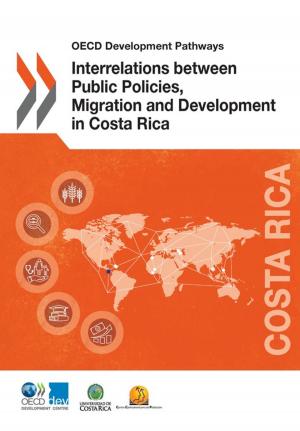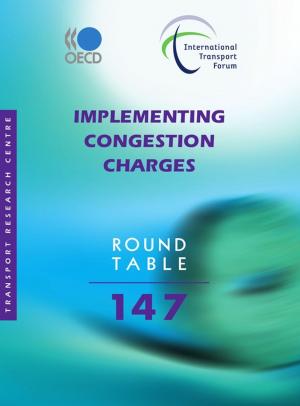OECD Reviews of Regulatory Reform: Italy 2009
Better Regulation to Strengthen Market Dynamics
Nonfiction, Social & Cultural Studies, Political Science, Government| Author: | Collective | ISBN: | 9789264067264 |
| Publisher: | OECD | Publication: | February 1, 2010 |
| Imprint: | OECD | Language: | English |
| Author: | Collective |
| ISBN: | 9789264067264 |
| Publisher: | OECD |
| Publication: | February 1, 2010 |
| Imprint: | OECD |
| Language: | English |
This review presents a general picture of the overall regulatory reform frameworks in Italy, examining quality regulation, competition policy and professional services. The review also offers a special focus on multi-level governance, where key issues include local public services, commercial distribution, local transport and energy.
The review finds that Italy has made significant progress using regulatory reform since the first OECD review in 2001. Administrative simplification and the increasing role of competition policy, combined with devolution of state powers to regions, have helped. But there are still key challenges for regulatory policy and its implementation, including enforcement, capacity in the civil service, impact analysis for evidence-based decision-making, and building a culture of consultation. The current global economic crisis is an opportunity for Italy to further clarify how the state intervenes in the economy, to improve multi-level co-ordination, and to expand competition in specific sectors.
This review presents a general picture of the overall regulatory reform frameworks in Italy, examining quality regulation, competition policy and professional services. The review also offers a special focus on multi-level governance, where key issues include local public services, commercial distribution, local transport and energy.
The review finds that Italy has made significant progress using regulatory reform since the first OECD review in 2001. Administrative simplification and the increasing role of competition policy, combined with devolution of state powers to regions, have helped. But there are still key challenges for regulatory policy and its implementation, including enforcement, capacity in the civil service, impact analysis for evidence-based decision-making, and building a culture of consultation. The current global economic crisis is an opportunity for Italy to further clarify how the state intervenes in the economy, to improve multi-level co-ordination, and to expand competition in specific sectors.
